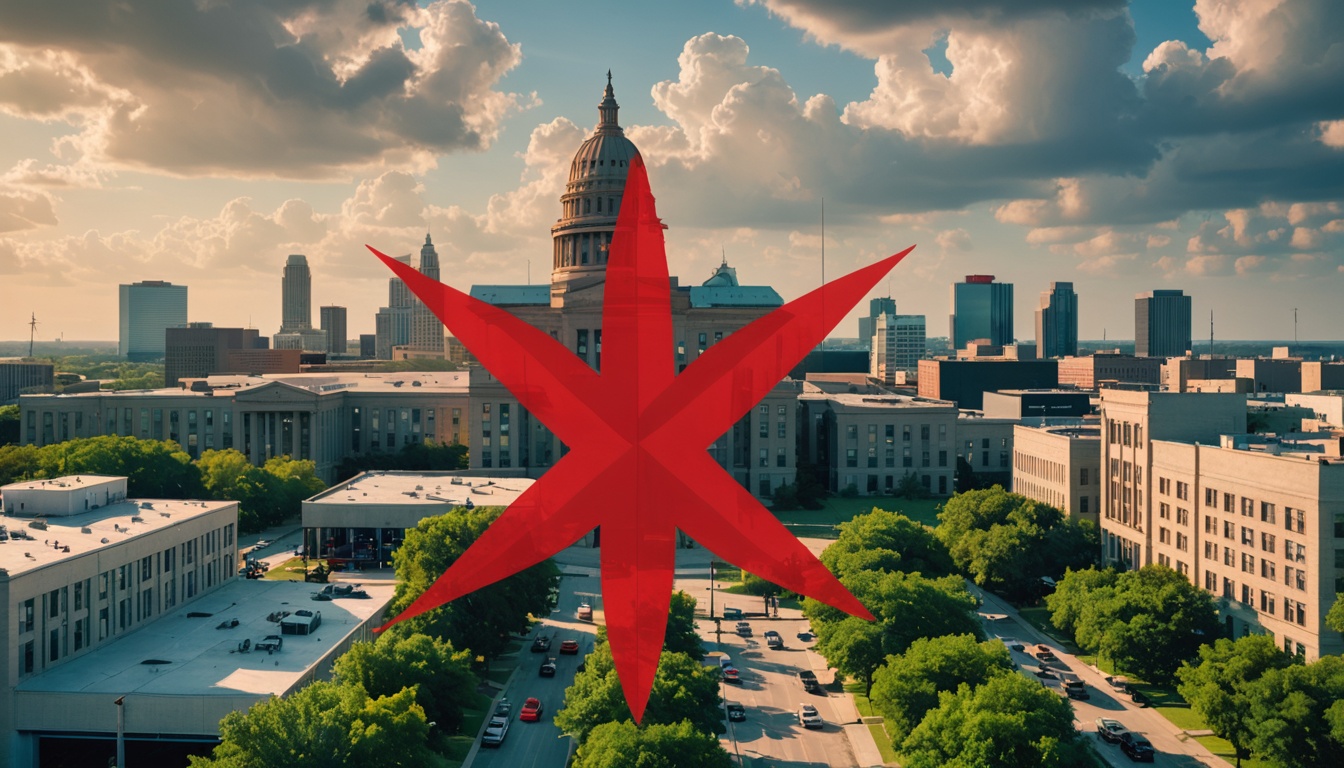Texas is on the verge of banning products containing low levels of THC, which can produce a similar high to marijuana. The proposed law, Senate Bill 3, aims to remove products that were legalized through a 2019 loophole, making them easily accessible to the general public.
The ban would apply to consumable hemp products, including vapes, gummies, and drinks, that contain any synthetic cannabinoid, often referred to as delta-8. Non-intoxicating and non-psychoactive CBD or CBG would remain legal. Individuals found in possession of products with intoxicating cannabis compounds could face a fine of up to $500 starting in September. Repeat offenders could face higher fines and even jail time.
Only Texans approved to use medical marijuana for certain conditions would be allowed to use low-level THC prescriptions. A separate proposal aims to expand access to the limited medical program.
The proposed ban is nearing the end of the legislative process, with lawmakers taking procedural votes. Governor Greg Abbott, who could veto the legislation, has remained silent on the issue. Lieutenant Governor Dan Patrick, a fellow Republican, has made the ban one of his top priorities.
Consumable hemp products include foods, drugs, devices, or cosmetics that contain hemp or hemp-derived cannabinoids. This could include products such as gummies, edibles, vapes, and ointments with hemp or any cannabis compounds. Hemp is a type of cannabis plant with a lower content of the “high-inducing” tetrahydrocannabinol, or THC, content also found in marijuana at higher concentrations.
The ban would affect Texans, including those with conditions not yet approved in the state’s medical use program, who would lose legal access to THC products currently sold at smoke shops, convenience stores, and thousands of other retailers across the state. Advocates argue that the ban could make access to and production of CBD products difficult.
Lawmakers and the Texas Agriculture Commissioner say the legislation would not harm farmers, but farmers claim it is impossible to produce hemp without traces of THC, even for non-consumable products like clothing and paper. Critics of the ban say it could shutter the hemp industry, which employs approximately 50,000 people and generates $8 billion in tax revenue annually.
The ban would go into effect in September, with retailers required to register with the state by January 1, 2026. However, retailers have indicated they are prepared to challenge the ban in court, which could lead to a judge pausing or complicating the implementation of the law.












